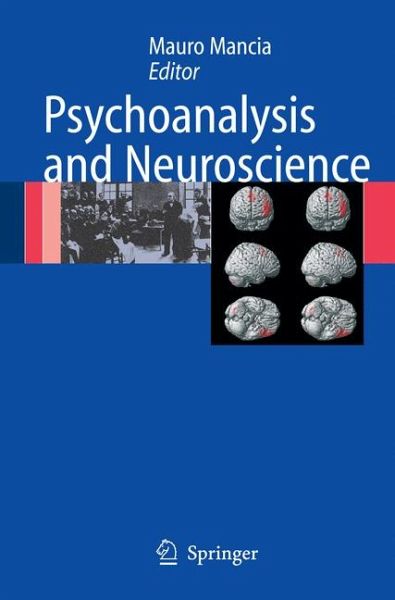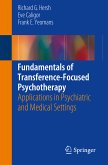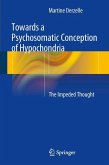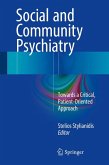The book focuses on the possibility of interactions between psychoanalysis and neuroscience - i.e., emotions and the right hemisphere, serotonin and depression - and will be a unique tool not only for for professionals and students working in these fields, but also for operators of allied disciplines, such as psychology and psychotherapy.
Dieser Download kann aus rechtlichen Gründen nur mit Rechnungsadresse in A, B, BG, CY, CZ, D, DK, EW, E, FIN, F, GR, HR, H, IRL, I, LT, L, LR, M, NL, PL, P, R, S, SLO, SK ausgeliefert werden.
"Psychoanalysis and Neuroscience ... aims to demonstrate what the contribution of the neurosciences to psychoanalysis promises and effects. ... it is relevant for psychiatrists, psychoanalysts, and neurologists. ... is an engrossing book. I recommend it for both its content and its insistence on a more interactive alliance between psychoanalysis and neuroscience ... . It is an important book for ... psychotherapists, and neuroscientists." (Ethel S. Person, JAMA, Vol. 297 (12), 2007)









